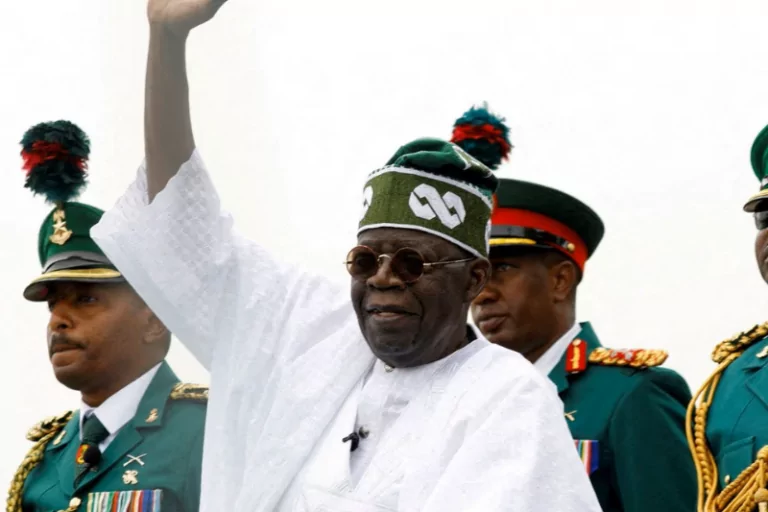

nigeria's presidential tribunal decision looms
After two competitors contested Bola Tinubu‘s victory in February’s contentious election, the presidential election tribunal of Nigeria is scheduled to make a decision on Wednesday over whether or not he should continue serving as president. There have been a great many legal challenges lodged against the results of previous presidential elections in Nigeria, but none of them have been successful. The majority of political commentators anticipate that the tribunal will affirm Tinubu’s victory.
The People’s Democratic Party candidate Atiku Abubakar and the Labour Party candidate Peter Obi submitted a petition to the court requesting that it annul the election because of irregularities. They also accused the electoral body of breaking the law by not using electronic equipment to submit polling station results, among other concerns.
In addition to its other options, the tribunal has the authority to nullify an election and mandate that it be held again. This decision will be handed down in Abuja, the nation’s capital. Atiku and Obi still have the option of filing a final appeal with the country’s Supreme Court, which is Nigeria’s highest court, in the event that the election tribunal affirms Tinubu’s victory. The time limit for filing and completing an appeal is sixty days after the date on which the judge issued their ruling.
Ahead of the judgment, the military established checkpoints on the key routes leading into Abuja. At these checkpoints, commuters and their vehicles were subjected to random searches.
Tinubu, who is currently in India in preparation for a G20 summit, has defended his victory and stated that his primary focus is on revitalizing the economy. Among the many reforms he has enacted are the elimination of currency controls and the removal of a popular but expensive gasoline subsidy.
However, convincing Nigerians to accept the necessary reforms has been difficult, and the 71-year-old veteran is facing opposition from labor unions, which began a two-day walkout on Tuesday in advance of an indefinite strike beginning on September 21.
Tinubu has inherited a number of problems from his predecessor, Muhammadu Buhari, including sluggish economic development, high unemployment, the worst inflation rate in two decades, record levels of debt, huge oil theft that has had a negative impact on government revenues, and pervasive feelings of insecurity.
The number of votes Tinubu received, 8.79 million, is the fewest by a Nigerian president since the country’s return to democracy in 1999, which reduces public support for him. However, fixing these serious problems requires public support.
The South African Social Security Agency (SASSA) informs its beneficiaries that Workers' Day on May 1st will push the May…
A team from the West African group ECOWAS (Economic Community of West African States) has left Guinea-Bissau after the country’s…
MultiChoice and NBCUniversal have given $145 million to support Showmax Africa. This money will help with running the business and…
The ongoing search for Free State police officers in Centurion resulted in the discovery of five dead bodies found in…
The Sistine Chapel will welcome Cardinal members in the forthcoming week to start electing succession candidates on May 7 for…
Namibia’s President, Netumbo Nandi-Ndaitwah, has removed Agriculture Minister Mac-Albert Hengari from his position. The decision came after serious allegations of…
This website uses cookies.